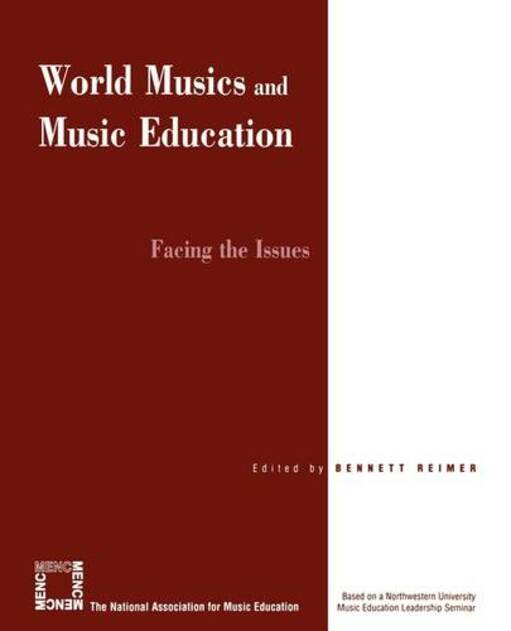Reimer Music Education Philosophy
Reimer Music Education Philosophy. Aesthetic experience and performance program” (1970) by bennett reimer. The meaning dimension of musical experience.

Three editions of a philosophy of music education (1970, 1989, 2003), all of which rest. In them, reimer explores a philosophy of music education that ties musical experience and performance with aesthetic experience, in order to achieve the perfect balance that ultimately makes a great. These are music education as aesthetic education, often referred to as meae, espoused by bennett reimer, and the praxial philosophy of music education posited by david elliott.
It Supports The Attitude That Philosophical Truths Develop And Transform As We Advance And Verify New Ideas.
Reimer is perhaps the most progressive thinker in music education because he is so knowledgeable and compassionate about current trends in philosophy, education, and psychology. — dr. From developing state standards to selecting lesson repertoire, philosophy is. The first (1970) edition of reimer’s book, a philosophy of music education, built upon ideas advanced by charles leonhard and others in the late 1960s.
In Them, Reimer Explores A Philosophy Of Music Education That Ties Musical Experience And Performance With Aesthetic Experience, In Order To Achieve The Perfect Balance That Ultimately Makes A Great.
In this chapter, bennett reimer addresses the historical connection between music and philosophy, as well as the background of the nine national standards for music education, the clear definitions of aesthetic education, philosophy in general, and new,. Reimer uses a synoptic approach in. In this summary, the writing of focus is selections from “a philosophy of music education:
Music Is The Actualization (Praxis) Of A Person’s Belief Systems And Motivations.
The third edition of bennett reimer’s “a philosophy of music education” is a major contribution to the field. Reimer emphasizes that we (as music educators) need not establish discipleship to one particular person or point of view of aesthetic education. Three editions of a philosophy of music education (1970, 1989, 2003), all of which rest.
Not Only It Provides A Grounded Philosophy For Educators, But Also Dialectically Addresses Currents And Practices That Have An Impact On The Area Of General Music Education.
From philosophical concurrence to diversity: These are music education as aesthetic education, often referred to as meae, espoused by bennett reimer, and the praxial philosophy of music education posited by david elliott. Bennett reimer's philosophy of music education as aesthetic is alive and well, coexisting beautifully with the kodály approach at millersville university.
These Are Music Education As Aesthetic Education, Often Referred To As Meae, Espoused By Bennett Reimer, And The Praxial Philosophy Of Music Education Posited By David Elliott.
As reimer (1989) states, music education philosophy helps to form insight for “more pertinent objectives for teaching and learning” (p. Carlos xavier rodriguez, university of iowa The debate between these two philosophies has been contentious and has had the effect of fracturing the philosophical underpinning of the music profession in an irreconcilable way.
Post a Comment for "Reimer Music Education Philosophy"